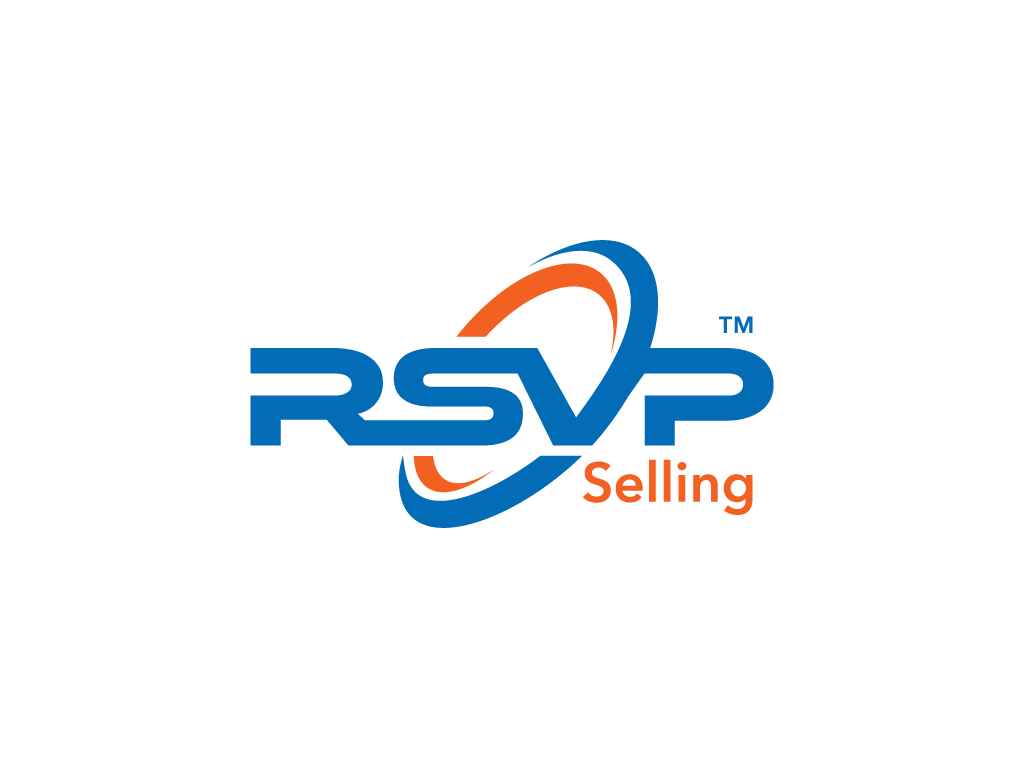Never underestimate the power of a big idea to change the entire world. Reid Hoffman's ambitious vision to map the entire global economic graph is coming closer to a reality in 2015. I have predicted that networks like Facebook and Twitter risk falling away but LinkedIn has positioned itself as the backbone of the new internet. In fact, it may even swallow the internet with applications and divergent web experiences running within it. Let's analyze this: Recruiting? LinkedIn - Specifically acquiring top sales talent (the engines of the modern global economy)? LinkedIn - Due diligence? LinkedIn - Content marketing at scales never before seen? LinkedIn - Paid advertising (PPC, native, retargeting)? LinkedIn - B2B sales, enablement and training? LinkedIn - BIG tick on all levels.
No, I do not work for LinkedIn but full disclosure: I do write for them. There's two overarching principles that made LinkedIn ubiquitous as a communications channel. Networks effects of Metcalfe's Law which in layman's terms, simply means the effectiveness and value of networks scale exponentially based on the traction (both breadth and depth) of the people that power use them. The other thing they nailed is allowing users to become prosumers: content creators mixing and mashing of the content.
From a technical perspective, their app and native responsive web experience is free of clutter and massively useful. Pulse is useful for news. LinkedIn's Connected app serves birthdays, anniversaries and trigger events. Sales Navigator enables enterprises with a tool for prospecting on steroids that goes beyond the boundaries of traditional CRM and MKT automation.
- The Mapping of an Amorphous Economic Graph
- The Bloomberg Terminal of Passive Due Diligence and Strategic Alliance Monitoring
- Big Data & Predictive Analytics Driven Paid Engagements
- Ability to finally harness top talent who are passively searching privately
- Content Generation + Network Effects Transcends the capability of 1.0 and 2.0 Blogosphere going truly 3.0 (Context based)
LinkedIn represents a tectonic shift as a communications medium as it embraces social proximity, the ability to understand the interrelationship of nodes on the network. Reid Hoffman calls this concept "networked intelligence." Essentially, hiring a team of salespeople with a Social Selling Index score of over 70 (out of 100 possible), with networks of over 3,000 relative targets [geo-targeted], suddenly starts to link you to your entire industry vertical. 20MM to 50MM key prospects in your entire vertical by 1st, 2nd and 3rd degree is on your event horizon!
You could essentially corner your market and extrapolate out to maximum marketshare - competitive advantage - by simply bringing in the appropriate nodes.
Is LinkedIn then a bedrock for the Moneyball of business as we know it?
This is an entirely new value curve in a blue ocean strategy that shattered all previous constructs of a social network, building something much more analogous to how the real world has always worked: It's all about who you know. It also harnessed the amorphous power of the 'strength of loose ties.' It's not only about getting past gatekeepers, it's about getting out of your own way, out of your own silo of the people you know.
I recommend both of Reid Hoffman's prescient books for a deconstruction of where all this came from and where it is going toward Singularity.
Here are some of my favorite thought concepts from Reid that go into the Pantheon:
One of the challenges in networking is everybody thinks it's making cold calls to strangers. Actually, it's the people who already have strong trust relationships with you, who know you're dedicated, smart, a team player, who can help you.
What makes the meaning of life is people, so you try to be good to people immediately around you and in your broader community. So a lot of my projects are about how I can affect the world in the hundreds of millions.
Your network is the people who want to help you, and you want to help them, and that's really powerful.
The reason the social-networking phenomenon is something that I invested in early and massively - I led the Series A financing for Friendster; I founded a company called Socialnet in 1997; I founded LinkedIn; and I was part of the first round of financing in Facebook - it sounds trivial, but people matter.
My belief and goal is that every professional in the world should be on a service liked LinkedIn.
I actually think every individual is now an entrepreneur, whether they recognize it or not.
If you can get better at your job, you should be an active member of LinkedIn, because LinkedIn should be connecting you to the information, insights and people to be more effective.
And people who take risk intelligently can usually actually make a lot more progress than people who don't.
You have to be constantly reinventing yourself and investing in the future.
Now it's your turn: Do you agree with what I've written? What game-changing ways are you or your organization leveraging LinkedIn? What do you think networking in the future will look like? How will LinkedIn evolve as a B2B enterprise sales tool and how do you plan to use it? What's the most memorable thing that's ever happened to you personally and professionally on LinkedIn? Please share below.
If you valued this article, please hit the ‘like' and ‘share’ buttons below. This article was originally published in LinkedIn here where you can comment. Also follow the award winning LinkedIn blog here or visit Tony’s leadership blog at his keynote speaker website: www.TonyHughes.com.au
Main image photo by Flickr: Playing Futures: Applied Nomadology







